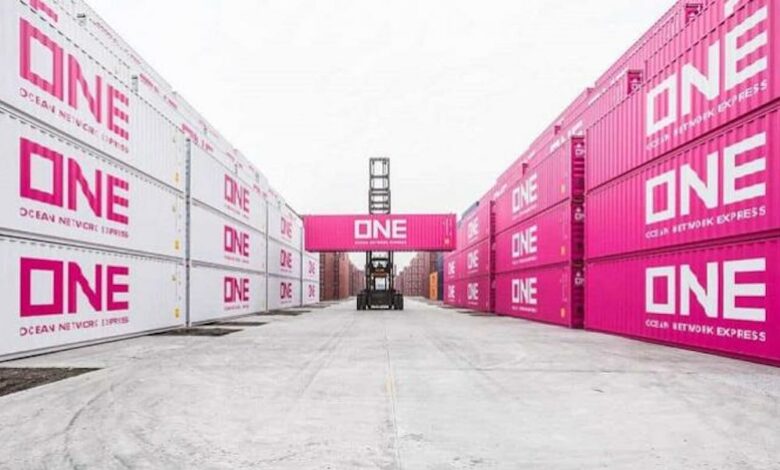在本已被预期疲软的销售季,急于看到从库存减少到库存补充转变的托运人可能要等很长时间了,补货活动似乎寥寥无几,零售商发现越来越难以预测消费者会在什么时候买什么东西,他们将对新订单持谨慎态度。

密歇根州立大学(Michigan State University)物流副教授杰森•米勒(Jason Miller)在接受采访时表示,2023年的大去库存远未结束,真正的补货仍遥遥未及,市场感觉像是2016年发生的严重货运衰退,很难看出对金融体系的冲击会引发经济活动。
美国经济分析局(Bureau of Economic Analysis)的数据显示,4月份个人商品消费支出同比增长3.6%。但与2022年4月6.3%的商品支出增幅相比,这一增幅有所下降,当时许多零售商都在向美国抢购商品,并增加库存。
Big Lots执行副总裁兼首席财务官乔纳森•拉姆斯登(Jonathan Ramsden)表示:“尽管今年春季的购买量大幅下降,但季节性销售滞后于我们的计划,导致我们再次出现库存过剩。”正如全国零售联合会(NRF)在最近的一份声明中所说,过去两年的“爆炸性需求”正在消失。目前的消费者需求不温不火,符合更接近 COVID 前季节性的模式。这抑制了不同模式的货运需求。
Big Lots总裁兼首席执行官Bruce Thorn认为,我们的低收入消费者受到通货膨胀,低退税和更高利率的伤害,他们的信心因银行倒闭而动摇。消费者并没有停止消费,但消费正在放缓。
NRF/Hackett Associates的全球港口追踪预测确实显示,9月份零售进口同比差距缩小,但Hackett Associates认为,在消费者通胀率下降和过剩库存减少之前,2023年美国进口将保持在一年前的水平以下。
正如Big Lots和其他零售商发现的那样,在这个不确定的市场中,适当调整库存规模就像试图击中一个移动的目标,而且往往是在地面震动时击中多个目标。去库存的程度可能取决于公司的类型及其销售或运输的产品类型。
Echo Global Logistics总裁兼首席运营官David Menzel表示,美国进口商不仅积极管理库存,还积极管理其供应链,绝对强调使成本正常化,这不仅仅是费率,而是优化。
在Big Lots正在广泛的领域寻求节省成本,包括运输、库存分配和优化的全渠道分销。这种优化包括关闭四个配送中心,以消除多余的产能并降低成本。
货代网